April 20, 2024 | 18:07 GMT +7
April 20, 2024 | 18:07 GMT +7
Hotline: 0913.378.918
April 20, 2024 | 18:07 GMT +7
Hotline: 0913.378.918
Aquatic products’ traceability is one of the mandatory requirements to combat illegal, unreported, and unregulated fishing (IUU fishing), according to a fishery management authority official.
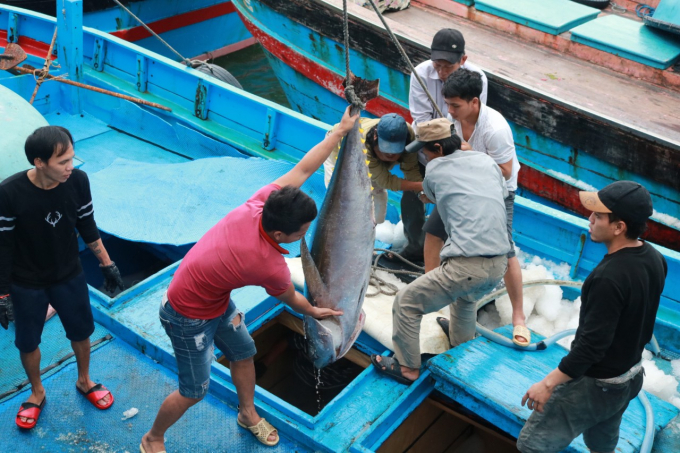
Traceability of fishery products is a mandatory requirement to contribute to the removal of the EC's yellow card. Photo: KS.
Mr. Nguyen Quang Hung, Deputy Director of the Directorate of Fisheries (DoF) under the Ministry of Agriculture and Rural Development said that the traceability of fishery products is now obligatory according to market demands.
“Not only export markets but also domestic consumers need the transparency of information in traceability. Consumers want to know how and where the product they are using comes from. They want to know about the supplying sources, production, the processing and sales of the product,” Mr. Hung said.
According to Hung, Vietnam has deployed the traceability of seafood for a long time. This is reflected in the 2003 Fisheries Law, which requires fishermen to keep records in fishing logs to serve the traceability of the caught fish.
Until the implementation of the Fisheries Law 2017, we had also undertaken the drastic and synchronous traceability of fisheries at designated fishing ports in 28 coastal provinces across the country, said the DoF official.
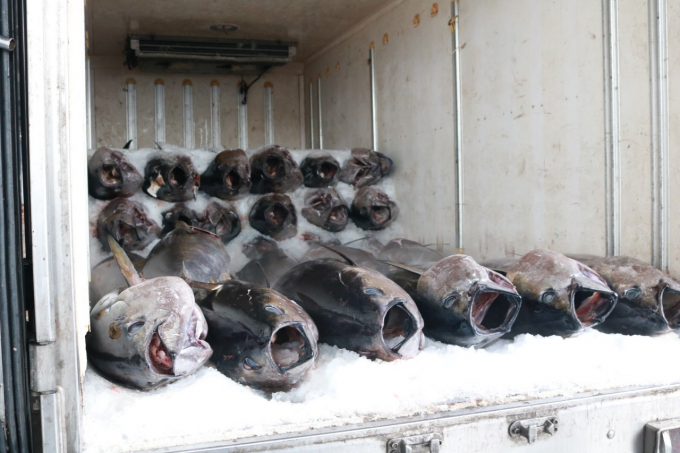
Customers now also want to know where the products they consume come from. Photo: KS.
“We currently have 57 fishing ports eligible for receiving certifications of fishing products. And we do a pretty good job in demanding fishermen to keep a diary when fishing at sea, as well as their reports on fishing vessels’ operation including their transporting of fishing products purchased from other fishing vessels.
Arriving at the port, they should pass a port control unit to get a confirmation for their seafood's origin. Until the wholesalers and enterprises finish their purchase and process seafood, the Fisheries Department will certify for their seafood products before exporting or selling to the market,” said Mr. Hung.
Almost all fishermen said they had currently very familiar with the process of recording their fishing works in the fishing diary so they all did it whenever finishing a batch of the net. They noted down everything from the fishing areas to the quantity of the catches.
However, according to the fishermen, recoding in papers during their fishing at sea, in fact, is quite inconvenient, especially when the weather was not very well such as strong waves and strong winds. Many of them complained that for many times, their notes were unreadable due to seawater which hit over their fishing boat during the high wave thus making the papers wet and smudging all the words. Since then, the completion of the documents for their exploitation consignment encountered many problems afterward.
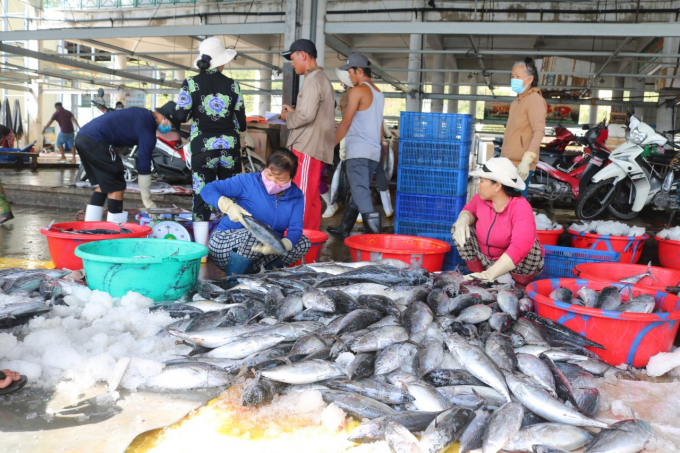
The Directorate of Fisheries will pilot the electronic traceability of fishery products in several provinces, including Khanh Hoa. Photo: KS.
Regarding the above issue, Mr. Hung admitted that we are still implementing the work of traceability on paper documents so the accuracy, as well as the self-made process, will be time-consuming and not ensuring enough reliability and confidence.
In particular, when the fishermen face windy weather, it will be difficult for them to make their records. It is also inconvenient for them to store the paper records, Mr. Hung said.
Therefore, Mr. Hung added, the deployment of an electronic fishing diary, as well as traceability of aquatic products on the electronic process, will improve the accuracy and convenience in copying, operating, and managing traceability records. To solve this problem, the DoF is developing electronic traceability software and will pilot it in localities such as Vung Tau, Khanh Hoa, Binh Dinh and Phu Yen.
In the coming time, the DoF will organize training courses for fishermen as well as for the fishing port management system and fisheries management units in 28 provinces. And, after piloting, it is expected that in the period of 2021 - 2023, the application of software for traceability of aquatic products will be implemented nationwide.
Translated by Kim Khuyen

(VAN) In 2023, there were 2,270 shrimp seed production and incubation facilities around the country, producing 153 billion seeds and meeting the public's need for aquaculture.
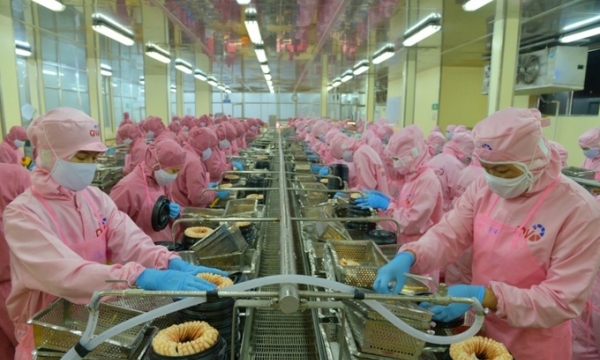
(VAN) VASEP has issued a letter reporting the situation of seafood production and export in the first quarter; the obstacles and shortcomings are significantly affecting the business operations of seafood enterprises.
/2024/04/12/5336-1-114650_902.jpg)
(VAN) The Secretariat requests Party committees, Party organizations, governments, the Vietnam Fatherland Front, and socio-political organizations to identify the fight against IUU fishing as an important task.
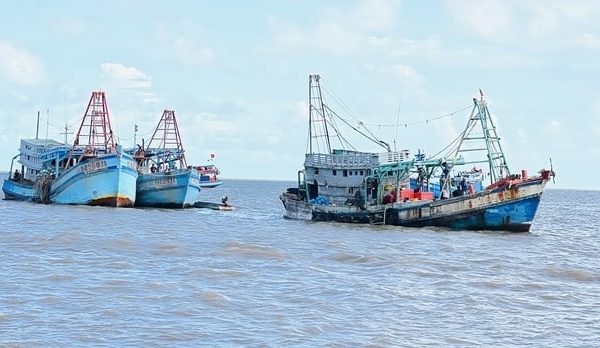
(VAN) MARD organized a conference on April 11 to address the implementation of new regulations in the revised Decrees No. 26 and No. 42 of the Government, as well as Circular 23 of MARD.

(VAN) Prime Minister Pham Minh Chinh signs Directive 35/CD-TTg on 10/4/2024 on medicinal materials exports, sending it to the Ministers of Health and Finance.
/2024/04/11/4403-2-233900_602.jpg)
(VAN) Livestock enterprises assume that greenhouse gas inventory is a new issue, with costs that are still high and regulations that are not detailed, so they need the companionship of state management.
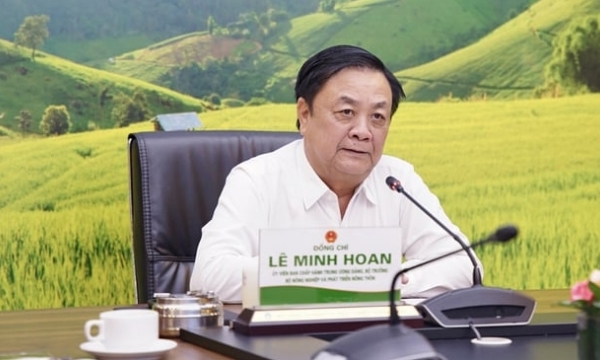
(VAN) The first meeting of the Steering Committee for product quality, food safety, and market development was convened by MARD on April 11.